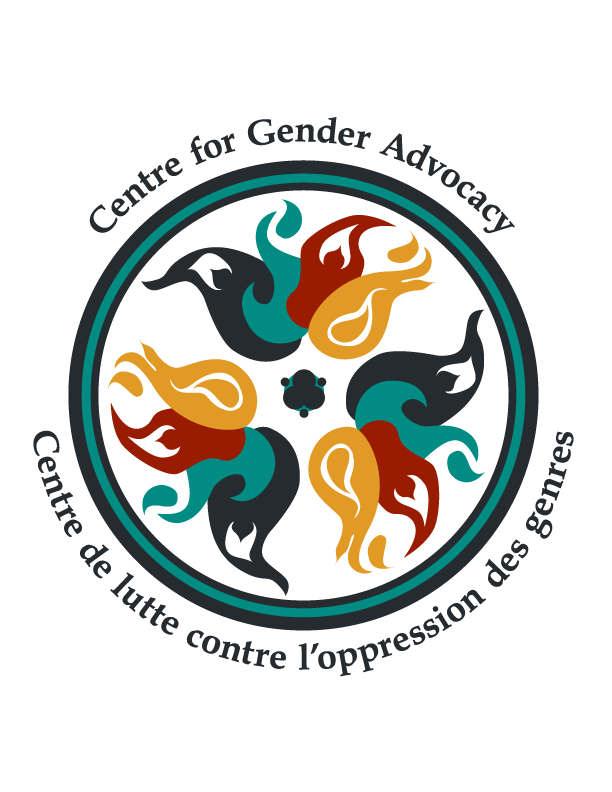 Y is for your sister, O is for oh so tight, U is for underage, N is for no consent, G is for grab that ass – a frosh chant at St. Mary’s University in Halifax
Y is for your sister, O is for oh so tight, U is for underage, N is for no consent, G is for grab that ass – a frosh chant at St. Mary’s University in Halifax
In case there was any mistaking it, the attitudes expressed in St. Mary’s University’s now infamous sexual assault chant are in no way specific to Nova Scotia. Within days, students at the University of British Columbia were heard repeating an almost identical chant (changing the phrase associated with the last letter to “go to jail”).
And while reports of these chants were shocking enough to warrant national media coverage (which consistently identified the chant as being about “underage sex” rather than sexual assault) and public apologies from the universities, over the years, thousands of frosh leaders and froshees at both universities gleefully chanted the words without feeling that there was anything wrong with them at all. And why would they?
Rape culture at universities generally, and at frosh events in particular is nothing more than a reaping of what governments have sown in public education policy. For years, provincial governments have bowed to pressure from socially conservative groups who warn that sex education in public schools will corrupt the minds of children and turn them into sluts and sexual deviants.
In the minds of these lobby groups, if children aren’t taught about sex in schools, they won’t hear about it anywhere else. But leave discussions about sex and consent out of public education, and pop culture will happily fill the void, telling young men that women’s bodies exist solely for their pleasure, and simultaneously exhorting young women to prioritize their sex appeal to the opposite gender while shaming them for doing just that.
In the rare instances where sex is discussed in public schools the discussion is all too often only about the risks of STIs and unwanted pregnancies. The message is clear: sex will get you into nothing but trouble. Pleasure isn’t even part of the equation.
But leaving out pleasure doesn’t discourage young people from having sex, it simply perpetuates the idea that having sex isn’t about mutual enjoyment. Divorced from pleasure and fueled by sexist pop culture stereotypes, sex then becomes something that women are expected to do because they flirted, drank too much, showed too much skin, etc.[i] It becomes an obligation. And what happens when students go to university? They don’t magically acquire an understanding of sex and consent that is different from what they have previously learned.
The need for consent education to combat these kinds of ideas is a proposal that was reiterated by many participants at the Campus Forum on Abuse & Sexual Assault last March (read the full report on the Campus Forum here). The Campus Forum was organized by the Centre for Gender Advocacy and the Love Doesn’t Hurt campaign. In some cases, the sexual assault survivors who came to the microphone acknowledged that their perpetrators may not have even realized that they had assaulted them. When we as a society primarily understand sexual assault as something that is perpetrated by depraved strangers in dark alleys, and that in all other cases the survivor “wanted it,” then this ignorance should come as no surprise.
It’s time to stop telling people how to not get sexually assaulted and start teaching people how to not assault. This is why the Centre for Gender Advocacy staff and volunteers have been having conversations about consent with as many students as possible. This year, all ASFA frosh leaders participated in a 3-hour consent workshop, and plans are currently in the works to present these workshops to students living in residence as well. Concordia’s announcement that it will be opening a Sexual Assault Resource Centre this Fall is another step in the right direction and a move that universities across the country would do well to emulate.
Halifax-based writer, Glen Canning, understands the need for consent education all too well. Two years ago, his teenage daughter Rehtaeh Parsons was gang raped while drunk and vomiting at a party, and in an intense display of victim-blaming, was then brutally harassed for the next 2 years until her suicide last April. It wasn’t until a massive public outcry that police reopened her case. Despite photos of the assault being widely shared online, police had stated that there was not enough evidence to lay charges.
Canning will be the keynote speaker in the Centre for Gender Advocacy’s Another Word for Gender back-to-school event series. He will be discussing his family’s loss and the impact of the failure of the school system and justice system to protect his daughter. He will be addressing police responses to his daughter’s sexual assault and its aftermath as well as the media and public reaction to this high profile case. Canning will share his thoughts on the cultural and political forces that normalize and excuse sexual assault, the need for publicly funded counseling and consent education as well as the role of men in challenging rape culture and sexual assault. This event will take place on Thursday, October 3rd at 6pm in McGill University’s SSMU Ballroom (3600 McTavish, 3rd floor).
[i] Men also experience sexual assault, and may in fact have less access to support and resources than women when they do, but over 80% of survivors are women, and the notion of “asking to be sexually assaulted” is only directed at women.
